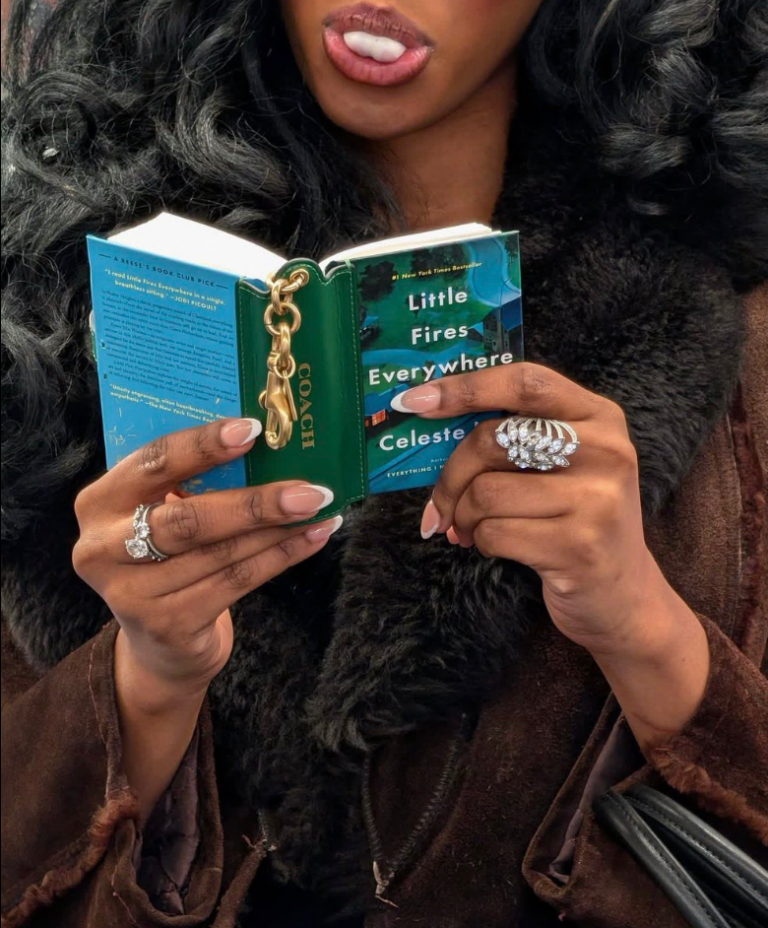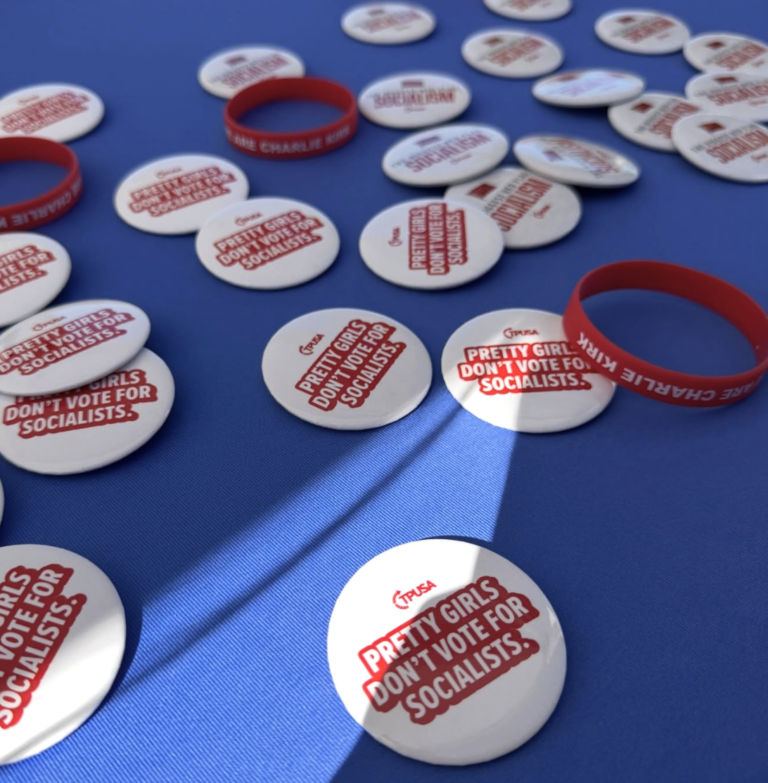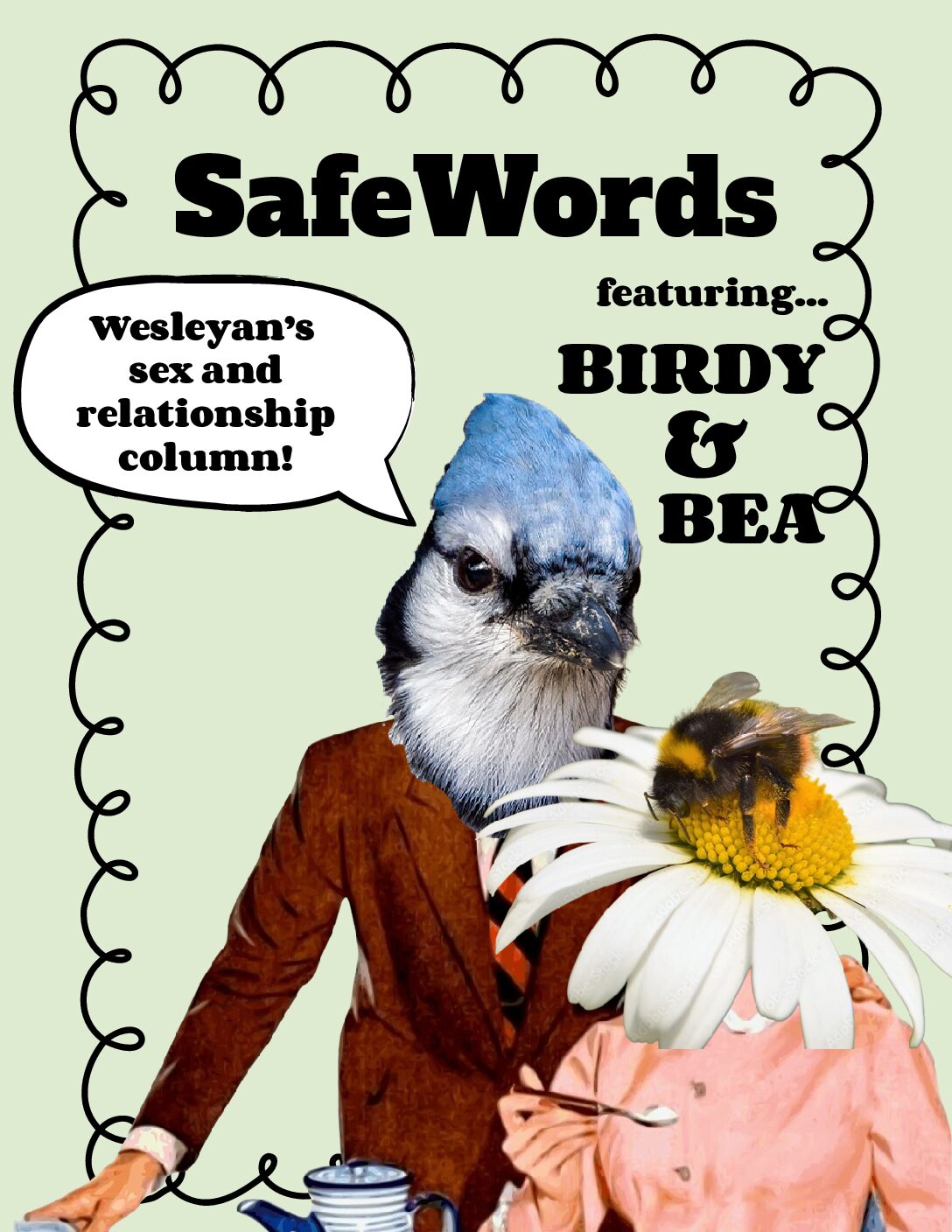Argus Apps: Reading for My Mothers
The Opinion Section created the column Argus Apps to humanize the college process. Common App essays only ever exist within the framework of college admissions, alongside a list of accomplishments, extracurriculars, and test scores. With Argus Apps, we’re revisiting old Common App essays written by Wesleyan students to think about where we’ve been and where we’re going. In this edition, we hear from Assistant Features Editor Arya Dansinghani ’28.
The hardest part of applying to college, for me, was writing my personal statement. It took me six months, two attempts, and my guidance counselor lovingly telling me in late November, when applications were closing, to get myself together and produce a version of my essay that I felt I could submit to schools.
I remember my friends not understanding why I was struggling so much with my essay. While it was done in a far less curt way, they were essentially telling me, “You’re lucky you have a sob story!” That felt diminishing and invalidating in a lot of ways. This essay wasn’t an attempt to exploit my trauma by making admissions officers feel sorry for me, but rather a narrative that explained what I wanted my future school to know about me: how I learned resilience through reading.
When I finally finished this essay on Nov. 30 in my senior year of high school, I couldn’t have imagined sharing it with anyone else besides the two English teachers who edited it and the admissions officers, whom I would never meet. It was—and still is—deeply personal. Sharing it, while liberating in many ways, also feels like giving a crucial piece of my identity to the whole world.
What I wrote still resonates with me the way it did almost two years ago. I think if I had to write a personal statement again, I’d produce something similar. This piece of writing feels integral to my shift from childhood to adolescence and early adulthood.
While this was intimidating to write and now to publish, I encourage readers to confront and share the stories that are hard to tell.
Common App Essay, unedited:
When I was three years old, I told my mother that I was depressed because I couldn’t read.
My grandmother often tells this story to people when they first meet me. While I can’t speak on its validity, I do know that my mother signed me up for a reading course for preschoolers when I was around four years old. Although it’s unclear whether or not I begged my mother to enroll me in this course, it’s unmistakable that four years into my life, I discovered a passion. This fervor for reading has been a crucial part of my personality ever since. I’ve flown broomsticks, explored enchanted forests, solved mysteries, and learned about video game programming, Greek mythology, and the language of cults. I’ve hidden away from the storms of life by crawling into the Marauders Map and attending Camp Half-Blood. Mostly though I’ve learned more about myself by bonding with others through books.
In first grade, I checked “Diary of a Fairy Godmother” out of the library. This middle-grade book follows a teenage witch as she gives up witchcraft and tries to become a fairy godmother. I adored this book. Elementary school was proving itself to be the greatest stressor in my life, and reading this book made everything better. Reading during class (my own book since I’d finished what the teacher was reading, which I often got in trouble for), visiting the school library (to get books I could read when I was supposed to be sleeping), and talking to my teachers about what I was reading made school a safe space for me. Books were a source of happiness and support that helped me with everything from forming friendships to self-soothing.
As I grew, reading’s role in my life changed. When I was ten, my mother passed away and books carried me through this time. This catastrophe was like an earthquake in my life; I had to move to Connecticut and switch schools. During this time, reading was a way to escape the chaos and retreat into different worlds. I read “The Land of Stories” series; these books follow two heroes as they’re magically transported into their grandmother’s beloved storybook. I became the characters, became a part of the stories, and for those moments I lived freely.
Things continued to change, and I switched schools again, moving up from elementary to middle school. My local library was a fortress and a constant support during seventh grade. My favorite librarian was the teen’s librarian, Miss Alyssa—we liked similar books and she always had new recommendations for me. In March, I brought soup to the library. Naturally, I got in trouble—the library is not the place for soup. Miss Alyssa emailed my grandmother, who forwarded the email to my uncle. My uncle emailed her back and I had to write an apology note. A few weeks later, my uncle emailed Miss Alyssa again to follow up, and they continued emailing.
They started dating in June and I moved from my grandmother’s house to my uncle’s. This was a difficult transition, but what brought us together was our shared love of books; this helped me to accept her as a mother figure. Last fall, my uncle and Miss Alyssa, whom I now call Mom and Dad, got married and I helped to tie the ribbon together in their hand-fasting ceremony.
Even now, I still make time to read daily before school and after school. Its connection to the classroom has influenced the classes I’ve taken and deepened my love for education. To me, reading is more than just a hobby: it’s something safe and stable that’s brought my mom and me together. I’ll always love reading, which is why I’m so excited for this new chapter of my life where I can dive into a whole new world of books and adventures.
Arya Dansinghani is a member of the class of 2028 and can be reached at adansinghani@wesleyan.edu.







Leave a Reply